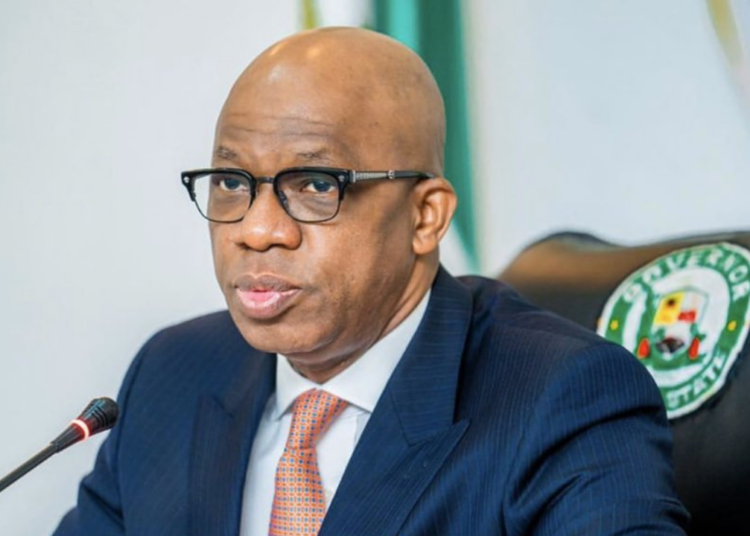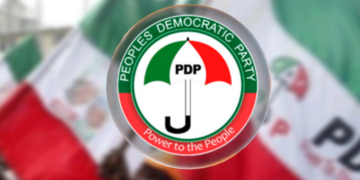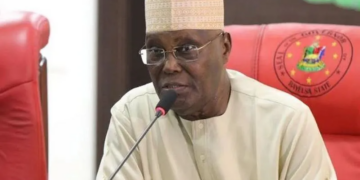The Ogun State government allayed the fears of residents on Monday regarding the state’s debt profile, which stands at over N200 billion, declaring that there is no cause for alarm.
The Prince Dapo Abiodun-led administration in the state also affirmed its commitment to making Ogun a leading economy in Nigeria by maximising the potential of its human and capital resources.
The state Commissioner for Finance, Mr. Dapo Okubadejo, made these statements during a media parley on the breakdown of the approved 2024 appropriation law.
The event took place at the Olusegun Osoba International Press Center in Oke Mosan, Abeokuta, the state capital.
Flanked by the state Commissioner for Budget and Planning, Olaolu Olabimtan, as well as the Special Adviser to the Governor on Media, Kayode Akinmade, the Finance Commissioner explained that the Abiodun-led administration has realised that the state’s debts must be channelled towards funding capital expenditures that would increase the revenue capacity and economic base of the state.
In doing this, Okubadejo, who is also the Chief Economic Adviser to the governor, explained that the entire Ogun State team has been very careful about the type of debt it incurs and, most importantly, the kind of investment such debts are used for.
He disclosed that some of the external loans incurred by the state are long-term loans used as working capital, with 80 to 90 percent of such loans deployed to fund capital expenditures that have the potential to increase the state’s revenue base.
He said, “For those of you who are always concerned about the debt position of Ogun State, there is no cause for alarm. In fact, you should all go and sleep because not only are we careful with the type of debt we take, we are also judiciously utilising the debts for capital infrastructure that will increase our revenue and improve the economic base, and we have the capacity to pay back.”
“As practicable as possible, we look for long-term loans, and we are even far below the limit of all the sustainability ratios of debts for any state as set by the Federal Debts Management Office (DMO). In some cases, because we are opening the economy of the state to private sector investors, as we crystallise these investments, we hand them over to private investors for concessioning.”
Prior to this, Okubadejo had disclosed that the 2023 budget of N703 billion would be largely funded through the state’s Internally Generated Revenue (IGR), projected at N240 billion, with expected Federal Allocations at N182 billion.
The commissioner, however, ruled out the possibility of overtaxation of residents, stressing that a financial reengineering policy would be adopted to meet the targeted revenue.
He further disclosed that the state is creating a conducive environment to attract the private sector to invest in the state and do business with ease through the creation of economic development clusters and a reduction in the cost of doing business.
Mr. Okubadejo, noting that the Abiodun-led administration is not only strategizing to achieve greater heights in the economy but also ensuring that the strategies are executed to the letter, pointed out that the key economic objectives of the government are real sector growth, job creation, food security, poverty eradication, and increased investment.






